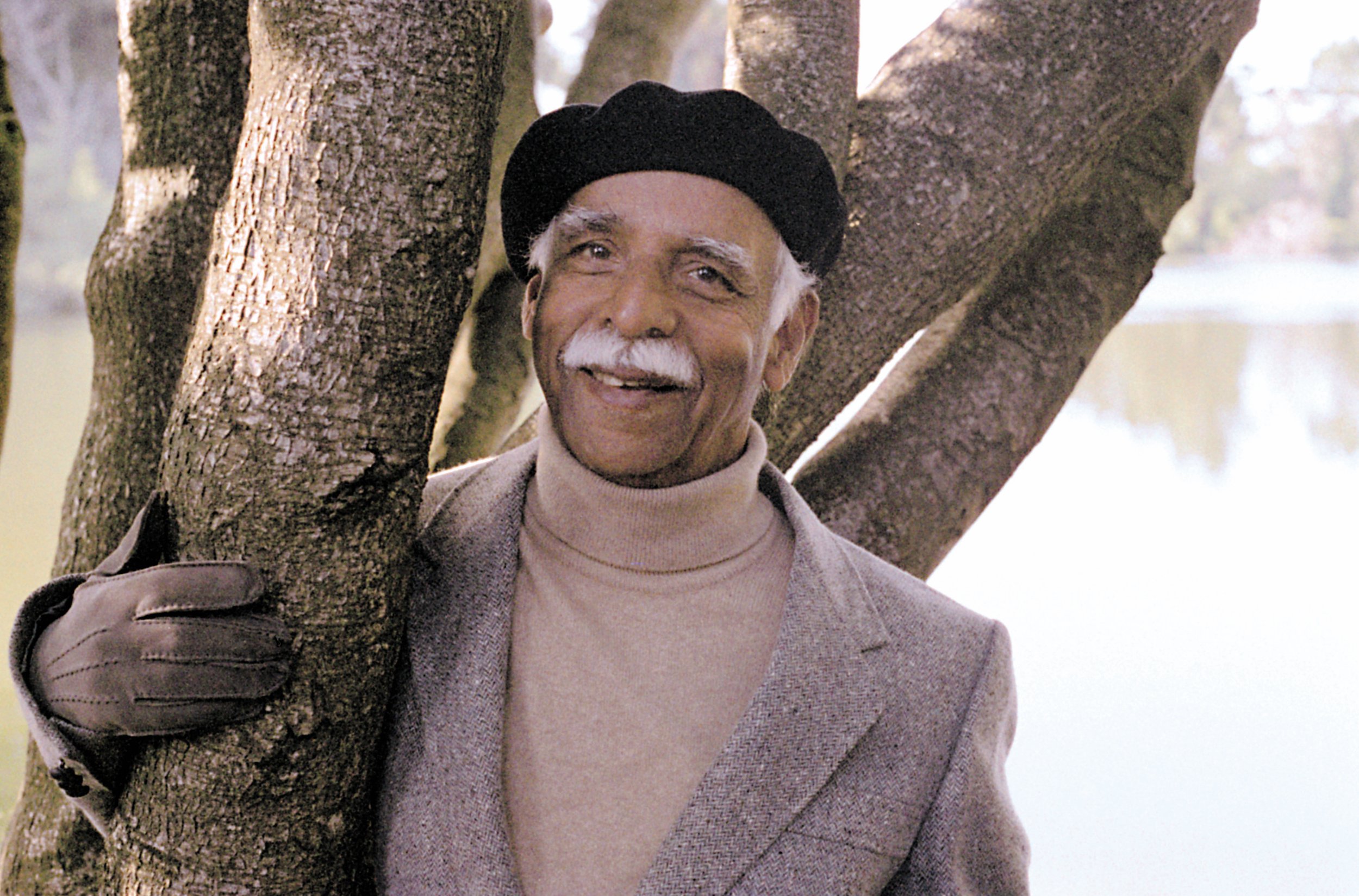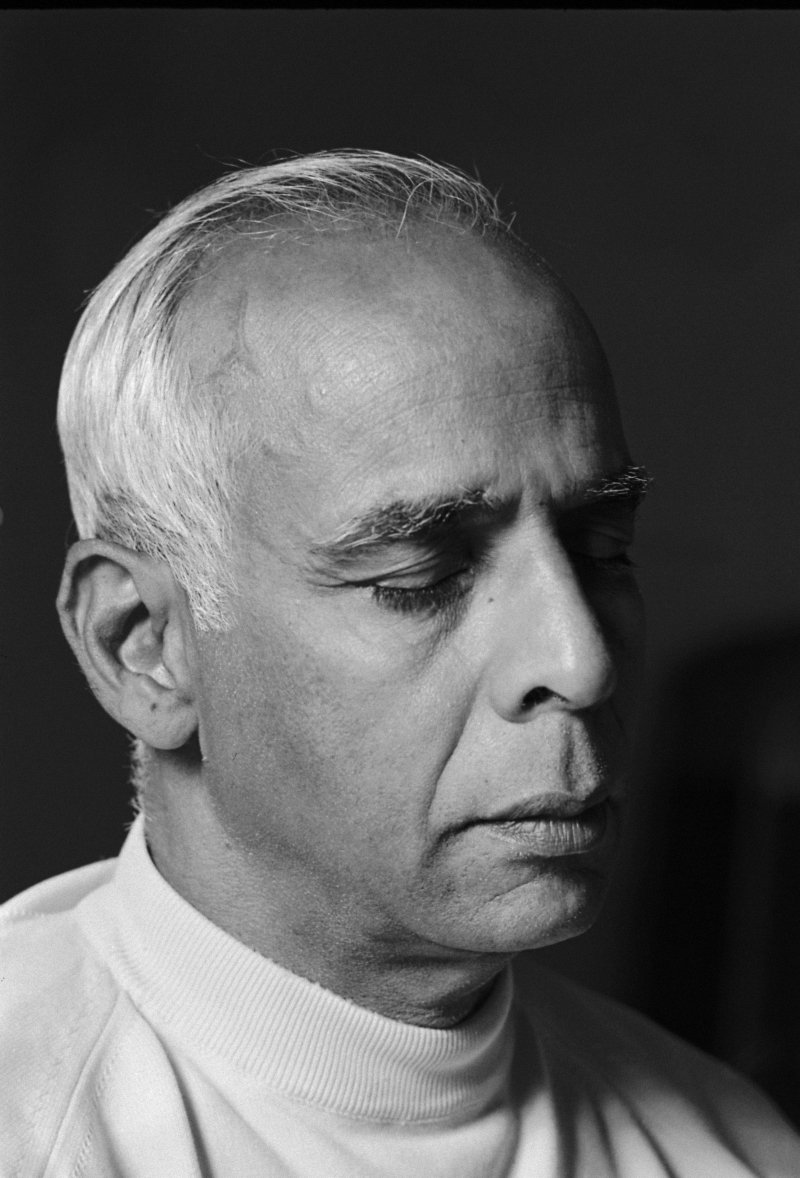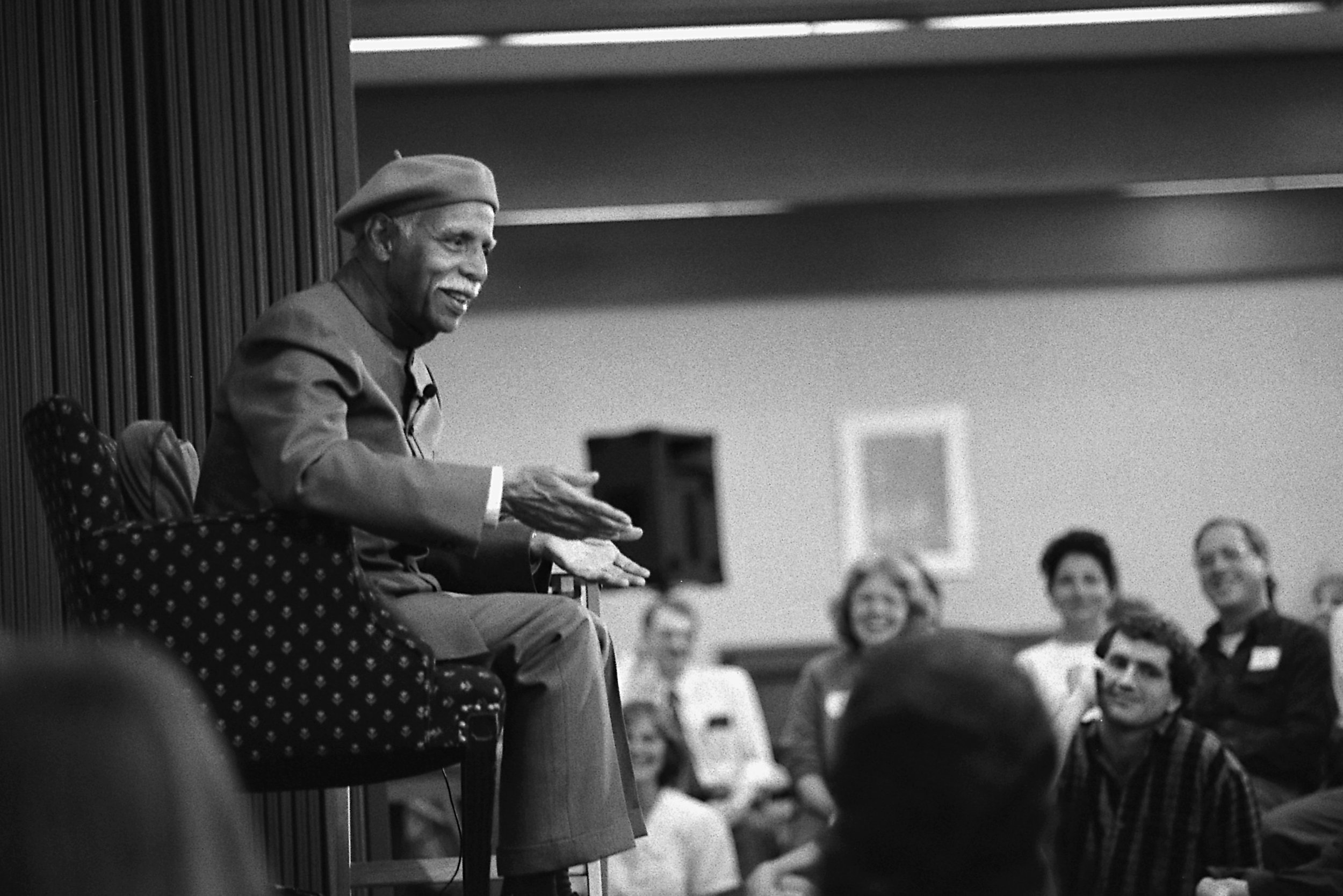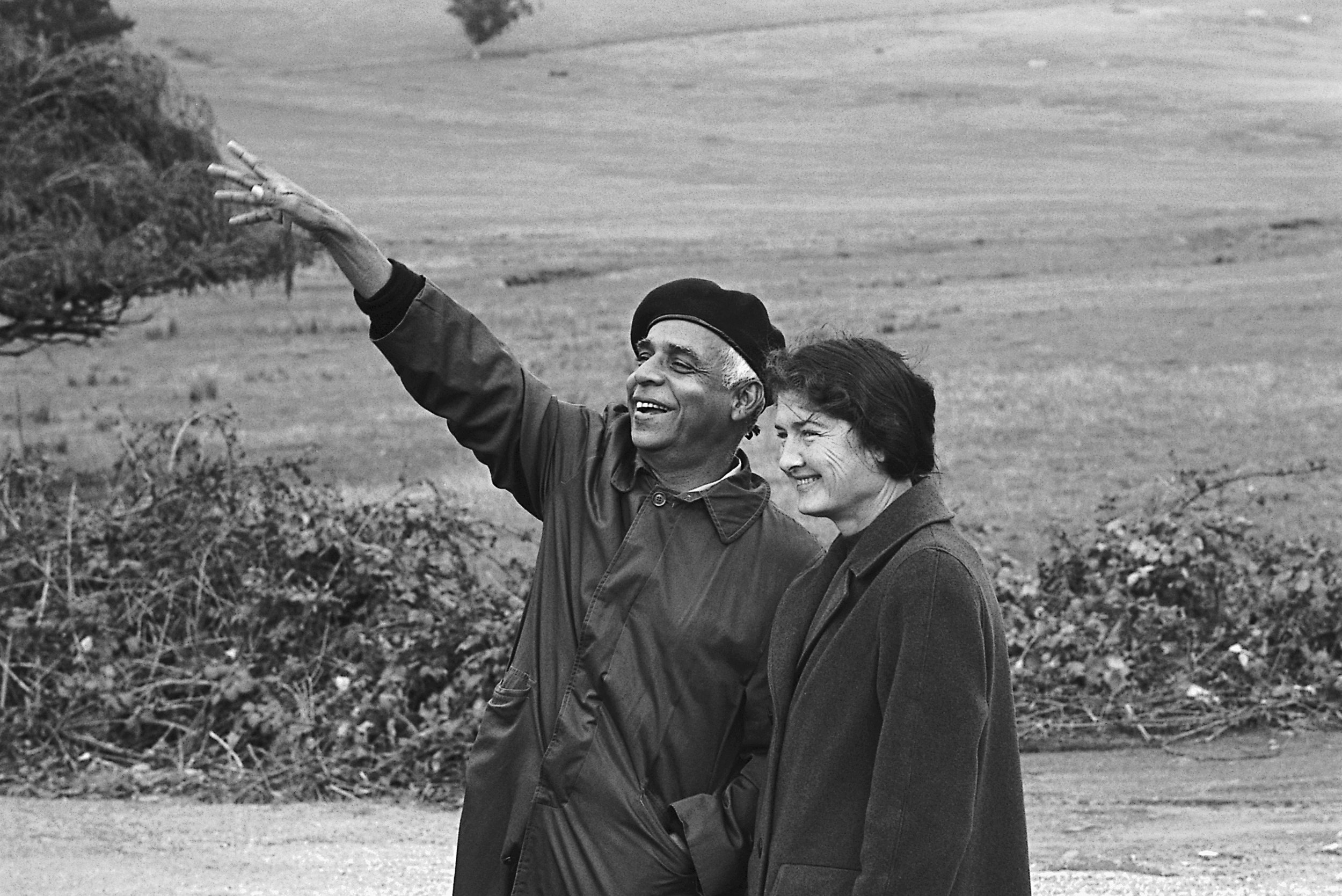“Ishta means your chosen spiritual ideal, the incarnation of God to whom you feel most deeply drawn,” Easwaran explains in this week’s reading, pages 292–299 in The Constant Companion.*
But he mentions, too, that “in my native language, Malayalam, ishta also means ‘friend,’” and a real friend not only supports us but will oppose us when we are causing trouble. In that context, it is not surprising that Easwaran takes the opportunity to share about Granny:
“My grandmother was a perfect friend. On the one hand she was very softhearted, but on the other hand, I have never seen anybody so tough in all my life. In fact, the two toughest people I have ever known are Granny and Gandhiji. She didn’t spare her toughness when she was dealing with me, either. She was usually very tender, but sometimes she was strict to the point of seeming harsh. It took many years to understand that this was an important part of her love for me.”
May we each draw inspiration from our reading this week to increase our devotion to the One whom we desire!
Is there some tip from Easwaran in this reading that you tend to skim over because you have already heard it many times before? Try focusing on it this week.
We are taking this book study as an opportunity to give special attention to our practice of Spiritual Reading. On the days you are able to do spiritual reading, what benefits do you find?
Let’s turn again to The Thousand Names Talks** in the Easwaran Digital Library for our spiritual treat, this time with Talk 8. The full talk is 37 minutes, but you can listen to part of it now and when you return the player will resume where you left off. If time is short, consider starting with the first five minutes, where Easwaran comments on the name The Sun. Describing the genius for dramatization in Hinduism, he explains why the personification of natural phenomena like the sun does not conflict with scientific advances – and shares a sweet little story about his grandmother’s devotion along the way.
* For those using electronic versions of The Constant Companion with different page numbering: this week’s reading is Easwaran’s commentary on the names Bearer of the Bow through Freedom. (Please note that the latest edition of our ebook is titled Names of the Lord.)
** You’ll need to log in for the link above to work. If it’s your first time, use the button Create new account from the login page.






















